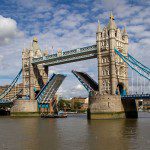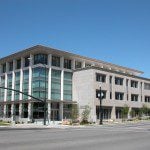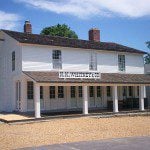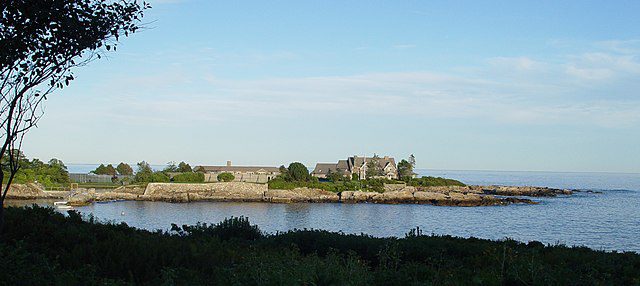
(Wikimedia Commons public domain photograph)
I recently read Paul Alan Cox, “The Orchid and the Missile: Reflections on the MX,” BYU Studies Quarterly 61/2 (2022): 31-50. His entry on my Latter-day Saint Scholars Testify website can be found here, and I append immediately below the relevant portion of the little bio given for him by BYU Studies:
Paul Alan Cox was awarded the Goldman Environmental Prize, sometimes known as the Nobel Prize of the Environment, and was named one of TIME magazine’s eleven “Heroes of Medicine.” His conservation foundation, Seacology, has set aside over 1.5 million acres of rain forest and coral reef in sixty-six countries around the world. After serving as professor and dean at Brigham Young University, he became the first King Carl XVI Gustaf Professor of Environmental Science in Sweden. Currently, he serves as director of the Brain Chemistry Labs in Jackson Hole, Wyoming. This article is based on a talk presented at BYU’s David M. Kennedy Center for International Studies on January 18, 2017.
“The Orchid and the Missile” is an interesting, even entertaining, autobiographical account of Professor Cox’s involvement, right out of his doctoral studies at Harvard, with the eventually aborted MX missile proposal, which had been proposed by the Jimmy Carter administration and continued by the early administration of President Ronald Reagan. The MX missile project was a very big deal at one point, and it would have been based in eastern Nevada and western Utah, bringing huge investment and many jobs to an otherwise desolate and sparsely populated region as well as, it was argued, countering a serious Soviet threat. (Vladimir Putin’s recent nuclear rumblings are, sadly, a reminder of that unlamented time.) Many (including myself) were completely surprised, and some were even deeply shocked, when the First Presidency of the Church of Jesus Christ of Latter-day Saints came out on 5 May 1981 in formal — and perhaps even, as it turned out, lethal — opposition to the project. (At some point, in a future entry, I’ll briefly relate my exchange with the late William F. Buckley Jr. on that opposition.)
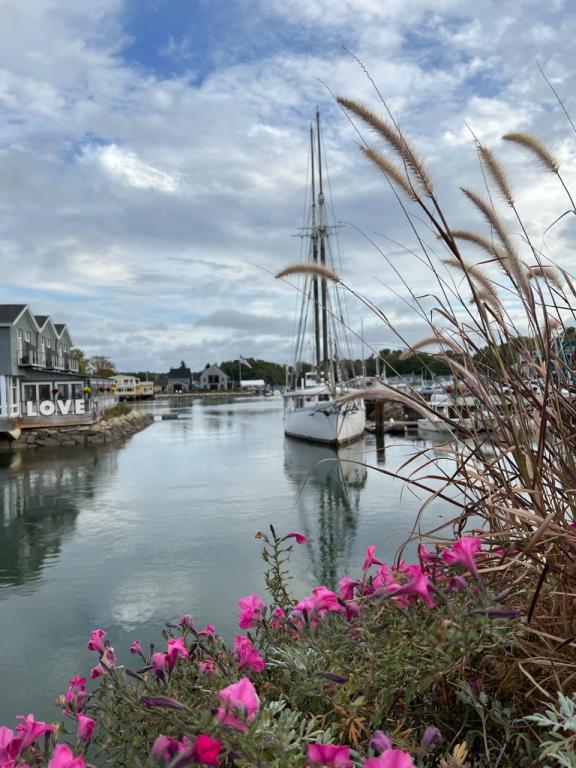
Anyway, here is a passage from Dr. Cox’s article that quite nicely coheres with what I posted yesterday about Brigham Young and violence:
Like most Latter-day Saints, I pay close attention to statements from modern-day apostles and prophets of the Church. There seemed to me to be a strong historical sentiment of Church leaders against total warfare in general, especially the use of nuclear weapons.
“Of one thing I am sure,” the prophet Brigham Young said. “God never institutes war; God is not the author of confusion or of war; they are the results of the acts of children of men. Confusion and war necessarily come as the results of the foolish acts and policy of men; but they do not come because God desires that they should come.”
“When the nations have for years turned much of their attention to manufacturing instruments of death,” Brigham Young said on another occasion, “they have sooner or later used those instruments. . . . From the authority of all history, the deadly weapons now stored up and being manufactured will be used.”
Professor Cox then proceeds to cite two very eloquent similar statements from Presidents Joseph F. Smith and Spencer W. Kimball. But back to Brigham Young:
In his book Brother Brigham, which I’ve been citing here, Eugene England cites another example — one of several, actually — of Brigham’s relenting and charitable nature despite his tough talk. In this one, the decision has just been made to abandon Nauvoo as soon as possible, effectively immediately, in order to escape persecution and violence:
But the next day after the February 2 decisions, despite Brigham Young’s announcement that there would be no more administration of the temple ordinances, many gathered at the temple, anxious to receive their individual endowments and marriage sealings. Brigham told the Saints that if they delayed longer their way would be hedged up and their enemies would intercept them, that they would build more temples elsewhere, and that he was going to get his wagons and be off — and he walked away from the temple. But when he checked later, the temple was still “filled to overflowing,” and so, “looking upon the multitude and knowing their anxiety . . . we continued at work diligently in the house of the Lord.” That day they performed ordinances for about three hundred people, and then over five hundred on each of the next few days.” (119)
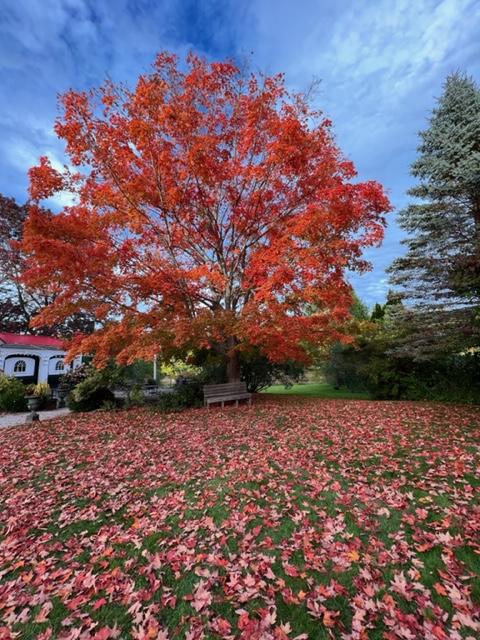
Some time ago, my wife and I visited the Kennedy family compound at Hyannisport, on Cape Cod, in Massachusetts — as much, anyway, as we peasants are permitted to “visit” such places. Truth be told, I wasn’t much impressed. There are other places that I like far, far more. And I can now add the Bush family compound at Kennebunkport, Maine, to that list of places that I prefer. What a wonderful, dramatic location! The house is a lot less grandiose than the mansions in Newport, Rhode Island — which, frankly, is a plus for me. It sits surrounded on three sides by the sea, out on the Bush family’s private promontory, which extends into the Atlantic Ocean from a rocky and rather wild stretch of the Maine coast. I can see why they’ve loved the place. Quite frankly, if the Bush family were to offer a straight swap of their summer home for my house, I would take it. No questions asked. Should I include my telephone number here, in case they’re reading?
Posted from Portland, Maine



